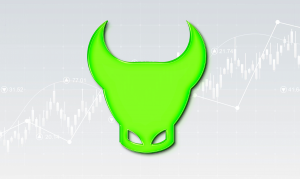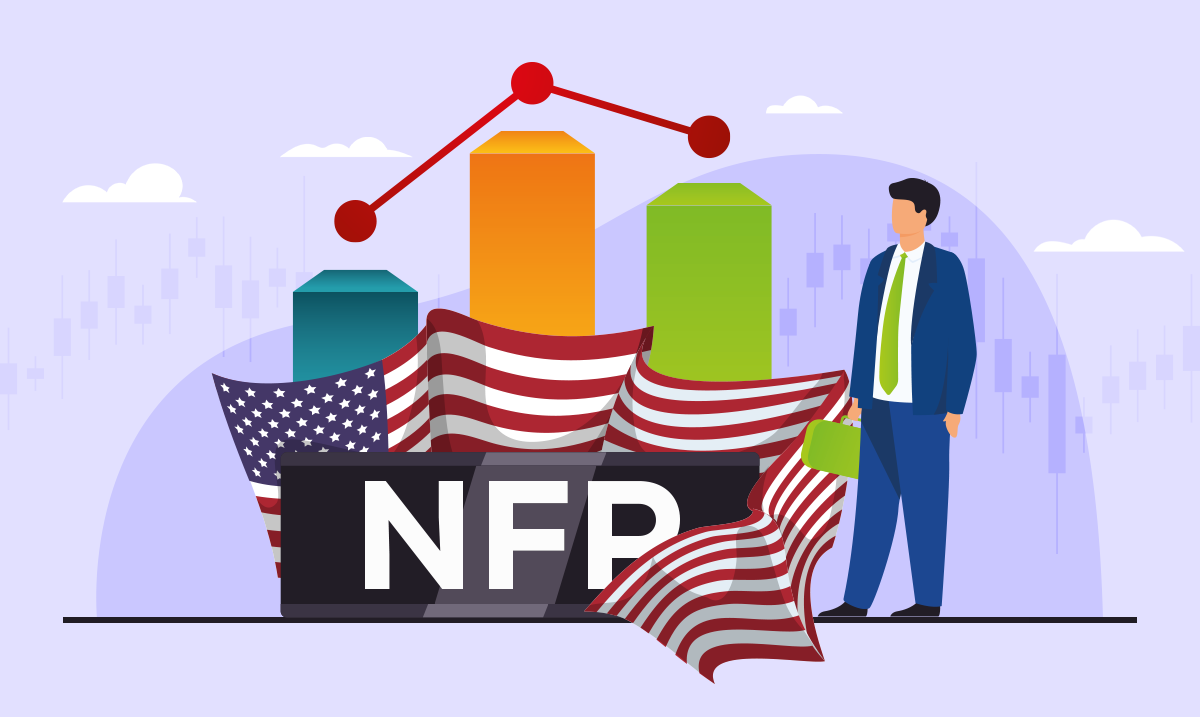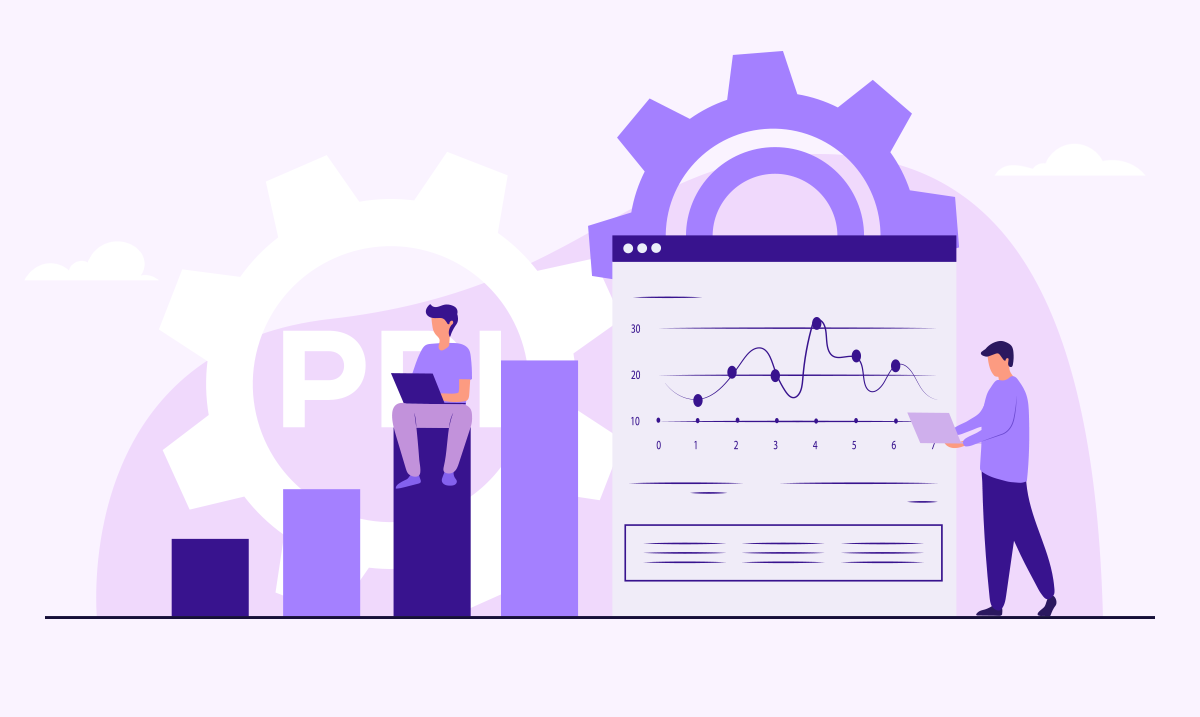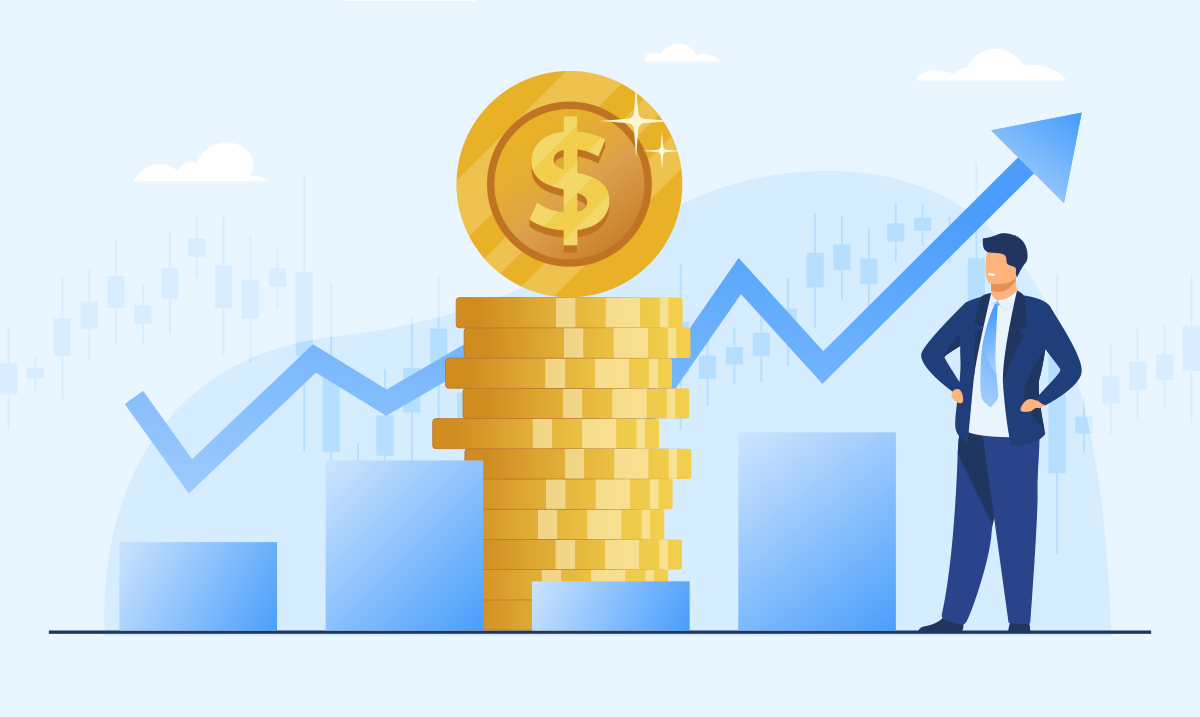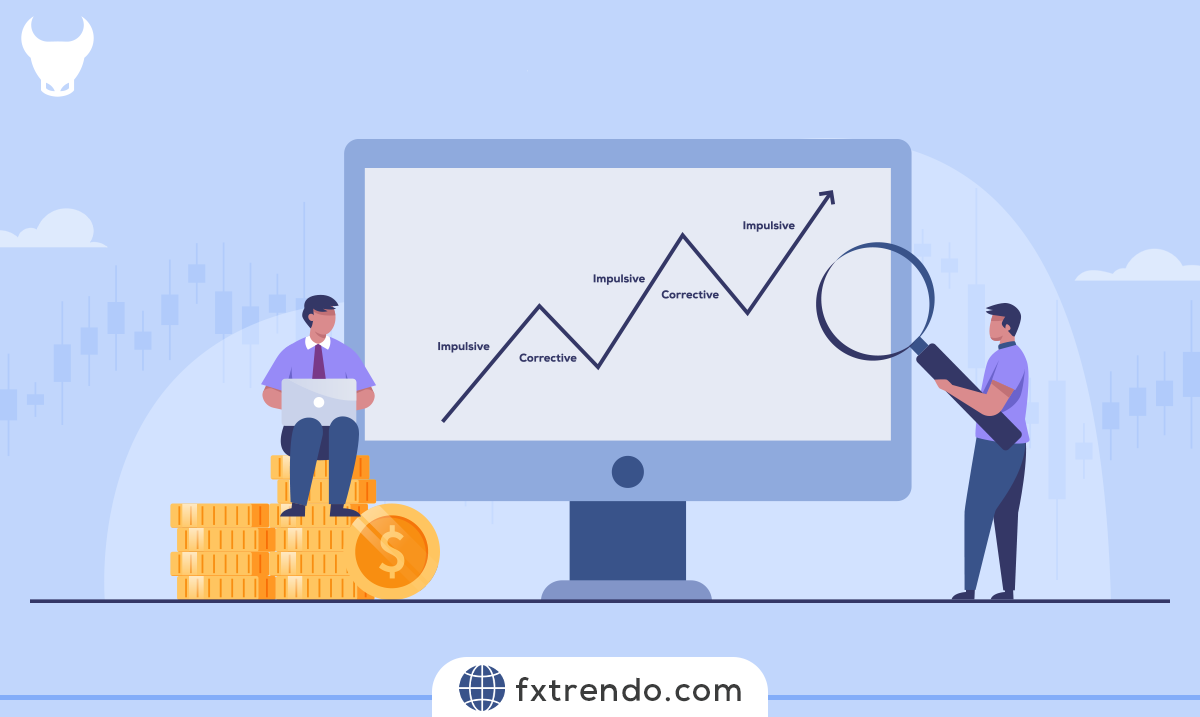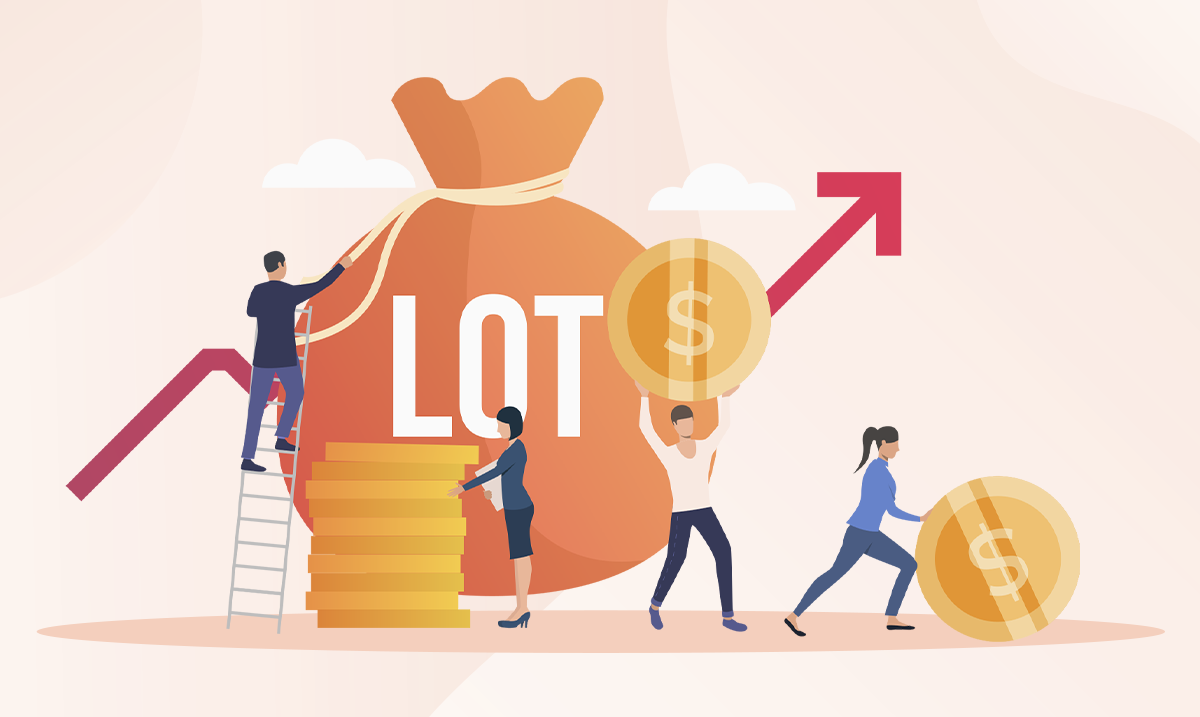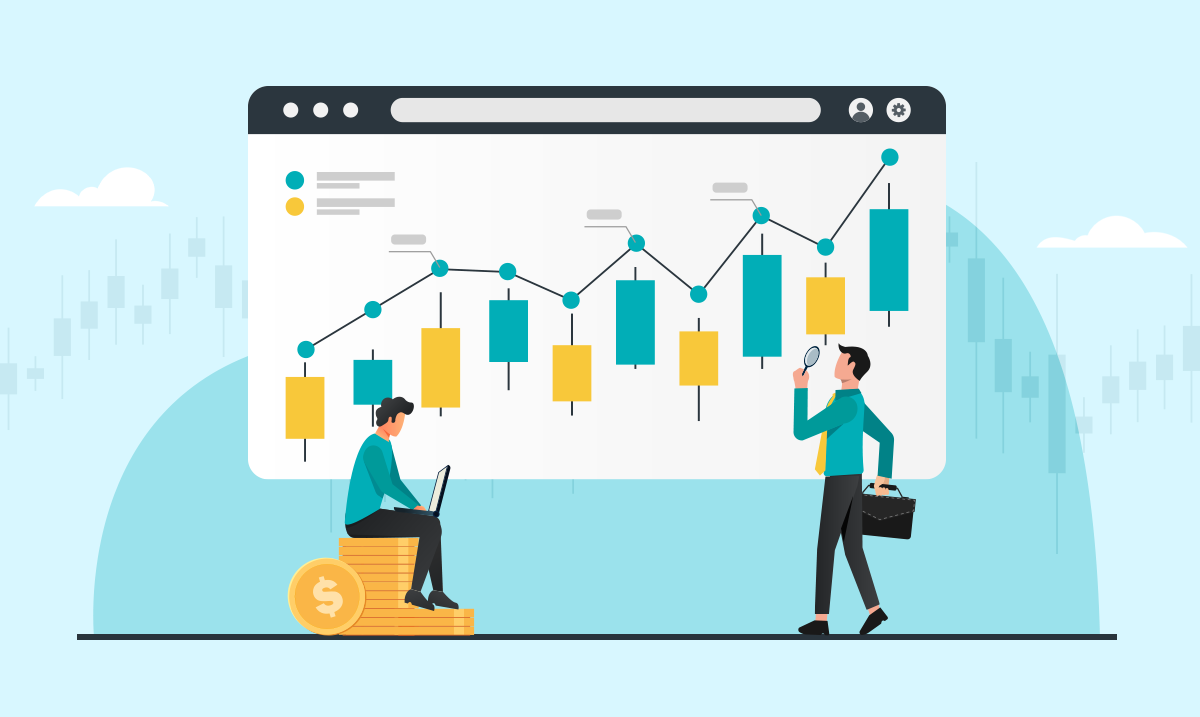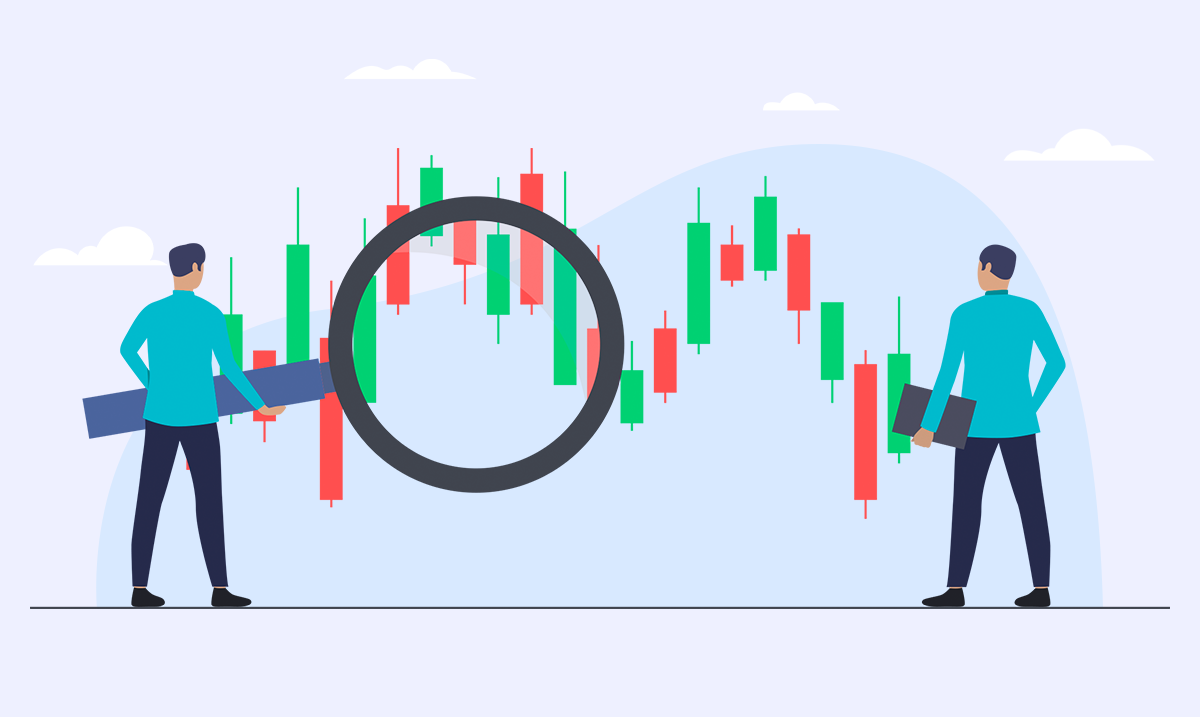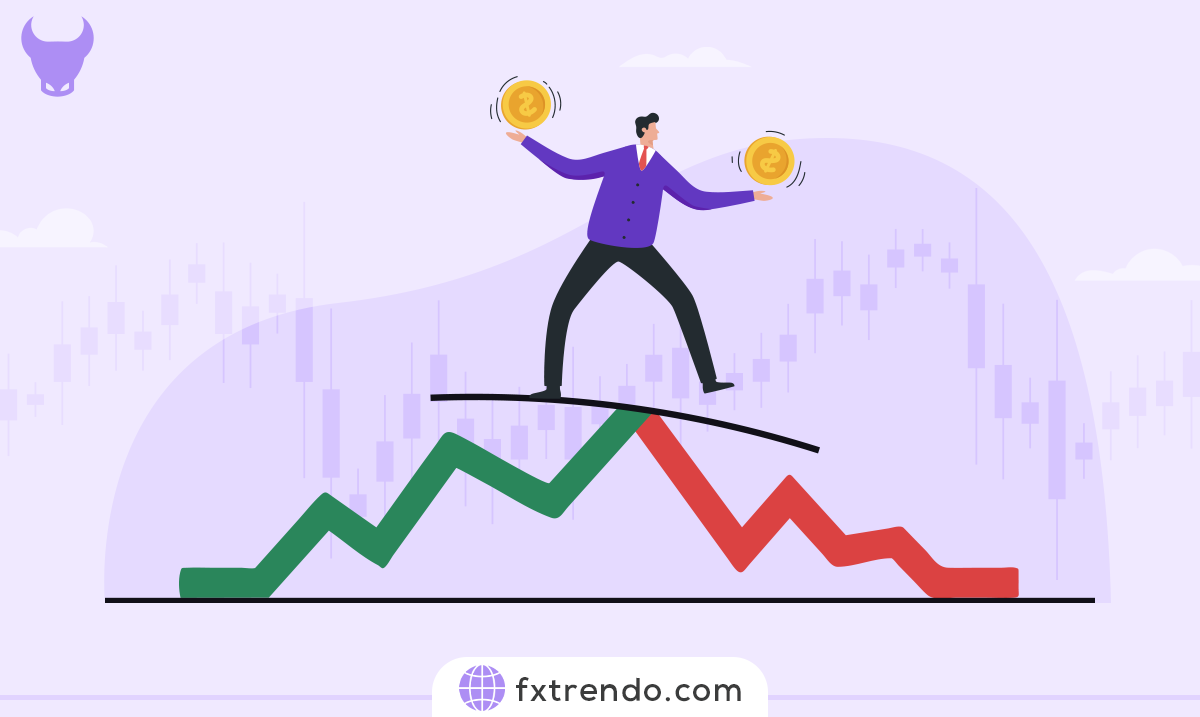The Best Forex Trading Strategies According to The Biggest Traders


Most people know that getting started in forex trading can be difficult, and finding the right strategy is the key to getting a beginner trader into the forex market. Buying and selling different currencies can be profitable for those willing to accept the risk. However, there are many problems that beginners struggle with. One of these challenges is finding the right trading style or trading strategy. Stay with us till the end of this article to discover the forex trading strategies used by successful traders and information on what you need to do as a beginner trader to succeed in the forex market. But first, read the previous articles to understand What is Forex trading strategy and how to choose the right strategy for you.
Contents
How To Choose The Best Forex Trading Strategy?
Very few traders immediately find the right forex strategy. The majority spend considerable time testing different strategies with a demo or real trading account. The demo version allows you to test your strategy in a safe and risk-free environment. Even if a trader gets to the point where he finds a preferred strategy that gives promising results and feels right, he is unlikely to stick to that exact strategy for long. Financial markets are constantly evolving, and traders must grow with them.
If you are a beginner, using simple strategies may be preferable. Many beginners make the mistake of trying to include too many technical indicators in their strategy, which leads to receiving redundant information and conflicting signals. You can always change your strategy as you go further and use the experiences you've learned from backtesting and demo trading.
The Most Renowned Forex Trading Strategies
Further, we will discuss three well-known trading strategies in the financial market. We will answer the following questions in general. "What was the basis of the most successful traders' strategy in the forex market? Did they follow odd methods and very advanced indicators? How did they view the financial market? Can people trade like the most successful traders?" etc.
1. Wyckoff
Richard Wyckoff is one of the legendary traders in the Wall Street Forex market. Richard Wyckoff is one of the most prominent price action traders and the first to analyze volume with price action. During his lifetime, Richard Wyckoff was a well-known stock market and forex figure and the founder and editor of The Wall Street Journal. Wyckoff developed his understanding of market behavior through conversations and interviews with leading traders of his time. After continuous success, he published his trading approach in a specific set of principles and strategies to educate the general public.
Many novice traders only refer to Wyckoff's limited techniques, such as VSA and bar reading, but he traded using multiple strategies and approaches based on what he called market logic. Simply put, Wyckoff developed a method to understand big traders and financial institutions' (smart money) buying and selling activities through volume and price analysis.
According to Richard Wyckoff, if a small trader can recognize the signs of the big players in the market and coordinate his positions with their activity and interests, he will have a better chance of succeeding in the markets. According to him, in the end, the buying and selling activity of the big players is moving the markets. Although it is obvious in today's market, this was a great discovery in his era. While many stock market gurus of his time, like WD Gann, Ralph Nelson Elliot, and Edson Gould, preached about patterns and cycles that resembled astrology and fiction, Richard Wyckoff took a different path altogether. His methods were based on the pure and simple logic of market behavior.
Wyckoff price cycle and market logic:
Richard Wyckoff developed the theory of price movement in the stock and forex markets. He referred to it as "Market Logic," which is still one of the leading principles for trading and investing. The Wyckoff price cycle states that the price of any given stock trades in one of these four stages at any given point in time:
- Accumulation
- Mark up
- Distribution
- Mark down


Wyckoff used the price cycle to understand price movements in the market. According to Wyckoff, the price cycle is caused by the activity of Big Players and large financial institutions. The market participant can recognize the current market cycle and take positions based on it if he does a proper analysis. For example, the end of the accumulation phase is the beginning of the ascending phase, where you should look for buying opportunities. Likewise, the end of the distribution phase is the start of the descending phase, where you should look for selling opportunities.
Using this approach, Wyckoff picked many winning forex stocks and symbols in his time. He analyzed the big players and their operations. Wyckoff used trading volume and volume indicators and market psychology to find the footprints of market giants in the chart and determined the best risk-to-reward opportunities for trading. Also, he emphasizes setting the stop loss and the importance of controlling the risk of each trade. Simply put, Wyckoff felt that an experienced trader should read the story unfolding in price action. He concluded that staying in tune with price action is a significant psychological and tactical advantage.
2. Inner Circle Trader (ICT)
The Inner Circle Trader (ICT) forex strategy was developed by Michael Huddleston, a successful forex trader, trainer, and founder of the ICT strategy. Michael Huddleston is a renowned figure in the forex trading industry who has been trading for over 20 years and has developed his unique approach to trading, which he calls the ICT Trading Method. His approach is based on market structure, liquidity, and supply & demand, which he believes are key factors in understanding the market and making better decisions in trading.
One aspect of ICT's trading strategy that has received particular attention is its focus on liquidity hunting. This method refers to looking for opportunities to trade in market areas with low liquidity or where other traders are less active. By doing this, ICT aims to take advantage of market inefficiencies and profit from small price movements that may go unnoticed by other traders. The following components are among the arrays of this strategy:
- Liquidity
- Market Structure
- Daily bias
- Block order
- Block breaker
- Gap (FVG)
ICT strategy, like Waykoff's strategy, is based on liquidity, with the difference that Waykoff sought high liquidity to identify the activities of market giants, keep pace with them, and gain profit from the long trend created by market giants and financial institutions. In the ICT strategy, the liquidity and activity structure of the market giants are checked, but this high liquidity is not supposed to be used for the market giants' activities. Rather, this strategy is looking for a part of the chart that has solid liquidity, and the financial institutions' activity in that part of the chart is low, it is also supposed to profit from the market giants' inactivity and very short trends and scalping.
Huddleston has also developed a deep understanding of trading psychology and has helped many traders overcome the mental barriers that prevent them from achieving success. He emphasizes the importance of mastering emotions and discipline and has developed strategies to help traders manage risk effectively.
Huddleston's use of analytical tools, such as volume, to better understand market sentiment and price action is one of the things that set him apart. He believes these tools are essential for any trader that wants to make conscious trading decisions.
While the ICT trading strategy has received positive feedback from many traders, it is important to note that there are also criticisms and disagreements surrounding this method and Michael's claims. As with any investment opportunity, individuals should research and exercise caution before investing time or money in ICT programs or strategies.
3. ReadTheMarket (RTM)
Price action RTM or Read The Market method is based on the rules of predicting the behavior of market makers and understanding the price movement. In this style, by presenting different concepts, it is tried to achieve the pattern of big boys' behavior and the methods of deceiving minor traders.
Famous professors and teachers of this method can be named Michel Guilfoyle, also known as IFmyante, Redsword, Ben Hur, Sniffer, Hanzo, Sullivan, Mansour Sapari, Nora, Harry, etc. In RTM, we are facing an open-source style, which is the sum of this style's master's opinions. This issue has caused differences in views and, as a result, sometimes differences in trade. In this style, IF's comments are considered more in trading, but as we said, there are differences.
This style is based on Sam Siden's supply and demand or price action (one of the most famous price action trading strategies), But in RTM, many of Sam Siden's views such as base size, time frame, sharpness, how to exit, RBR, RBD, DBR, DBD, etc. are not present, and we are mostly faced with the dynamic orders flow and the position of the nodes in chart analysis. In RTM, we are dealing with the issues of Engulf, structure (although the concept of pattern and structure in RTM is slightly different and closer to Waykoff's view), flow and orders transfer. RTM is also the basis of a high liquidity strategy.
Despite being scattered, a complex order prevails over the contents of RTM. RTM's specific perspective on target and take profit, Engulfs, FLs, free order flow (FOF), scale, and symmetry is interesting and remarkable. In price reading, the intellectual philosophy of RTM is commendable, and to comprehend price reading, we must understand the principle that instead of paying attention to "How the price approaches," it is more important to ask "Where it approaches!" And "Where is the price?" is less important than "Why is it there?!"
RTM Strength Points
- Usability for all trading groups and all markets
- Deep analytical view of market behavior
- Having analytical setups based on price and order flow
- High customization and combination with other methods
RTM Weak Points
RTM Critics give the following reasons for its weaknesses:
- Sometimes this type of analysis goes in a direction that seems to be trying to justify the market behavior rather than analyzing it.
- Mastering it requires a lot of practice, time, and experience
- Masters have different educational outputs in a common subject.
- Lack of a clear structural view of the analysis time frame.
- The Scale topic's vagueness.
- Disregarding the Sessions topic.
Summary
There are many strategies for trading in the forex market, and in this article, we have tried to introduce three of the best. We learned that successful traders based their trading strategy on identifying liquidity and high trading volume, using minimal indicators, and having a simple and general view of the chart. But remember, the past performance of these strategies does not guarantee their success in your current trades. That is why always use the stop loss in your trades, and don't forget capital management. Your effort and perseverance can make you a profitable trader, and the strategy alone will not be effective.
Article similaire
Le plus visité
0









